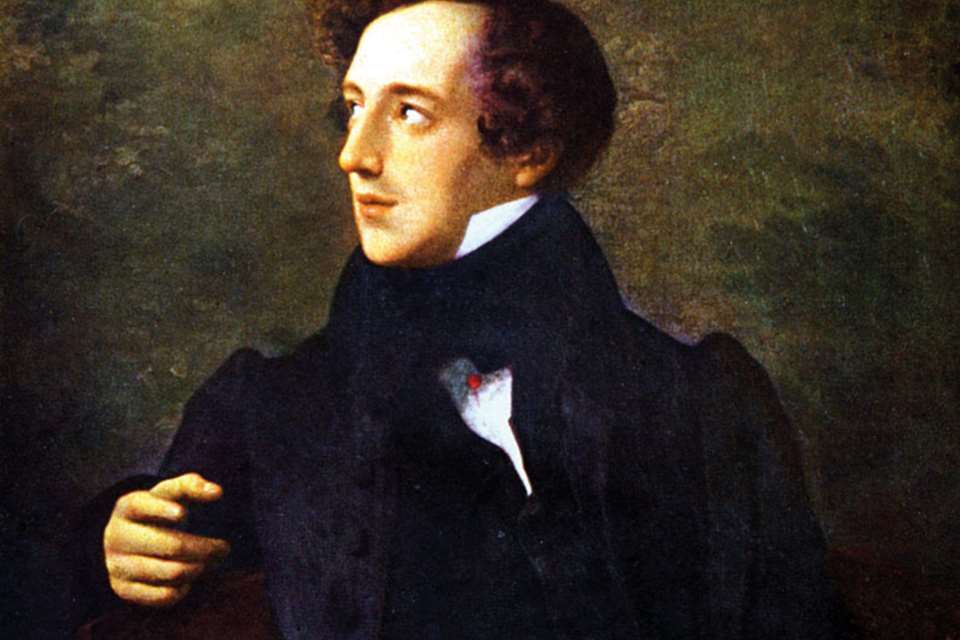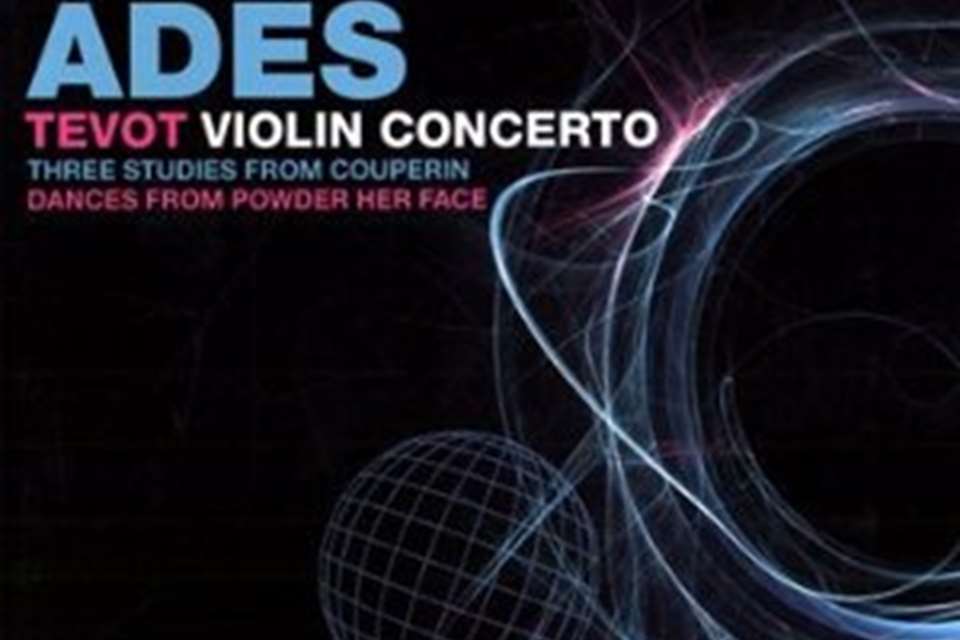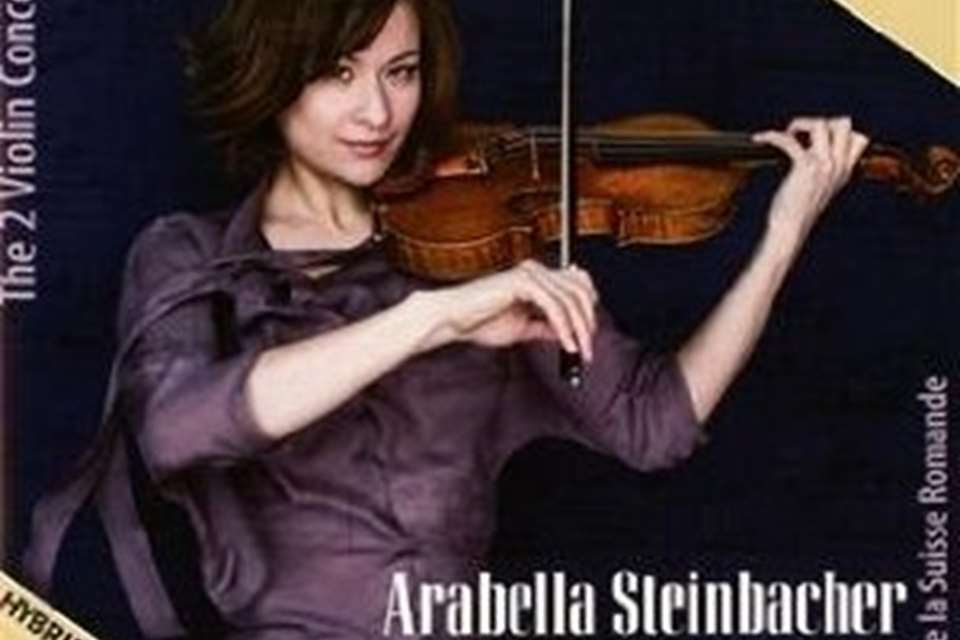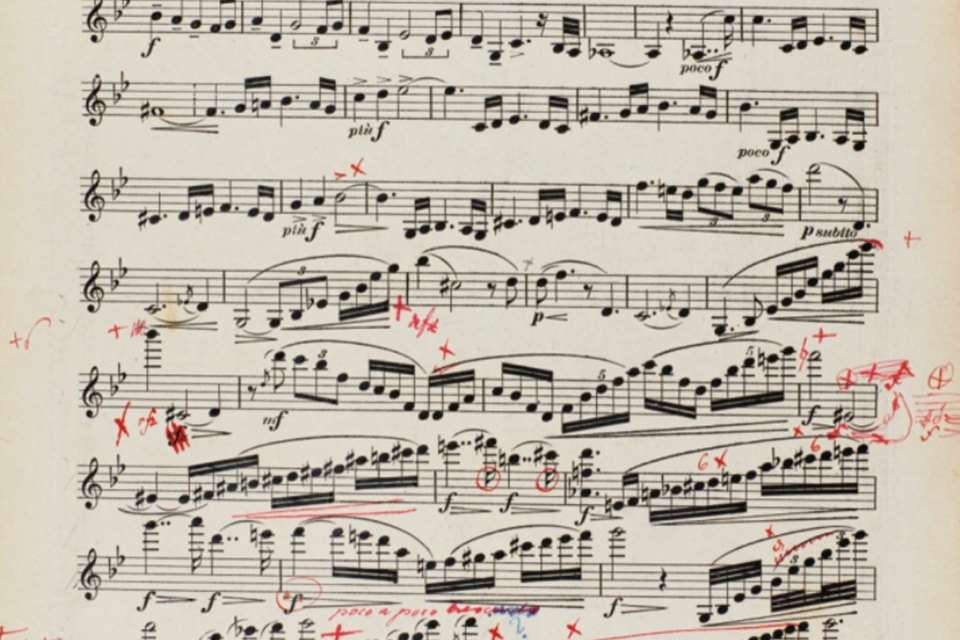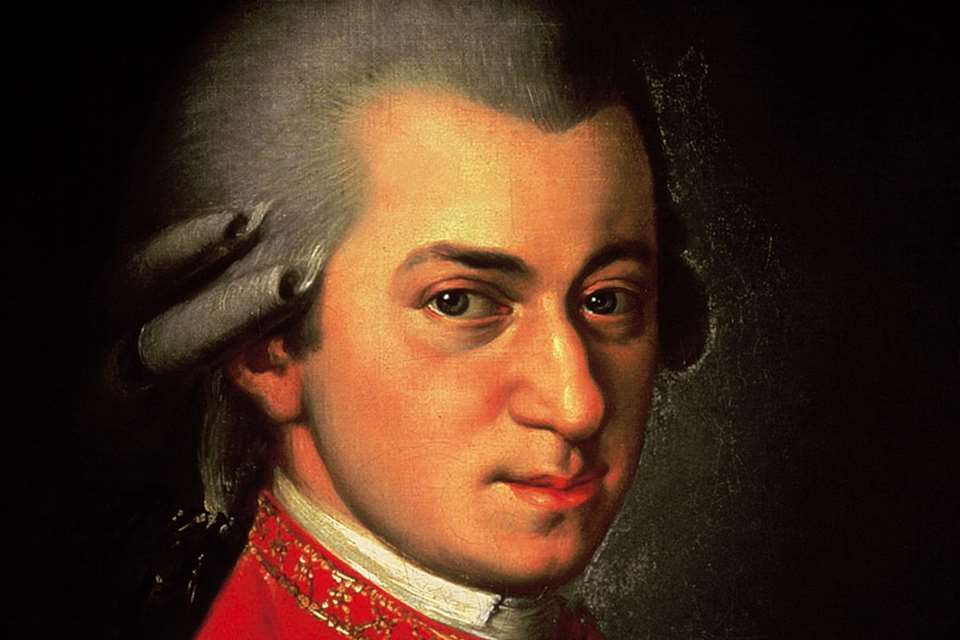Forgotten Romantic violin concertos
Jeremy Nicholas
Monday, May 24, 2021
When it comes to violin concertos, concert programme content is pretty predictable. Jeremy Nicholas throws down the gauntlet to those responsible with a selection of lesser-known works showcased on disc
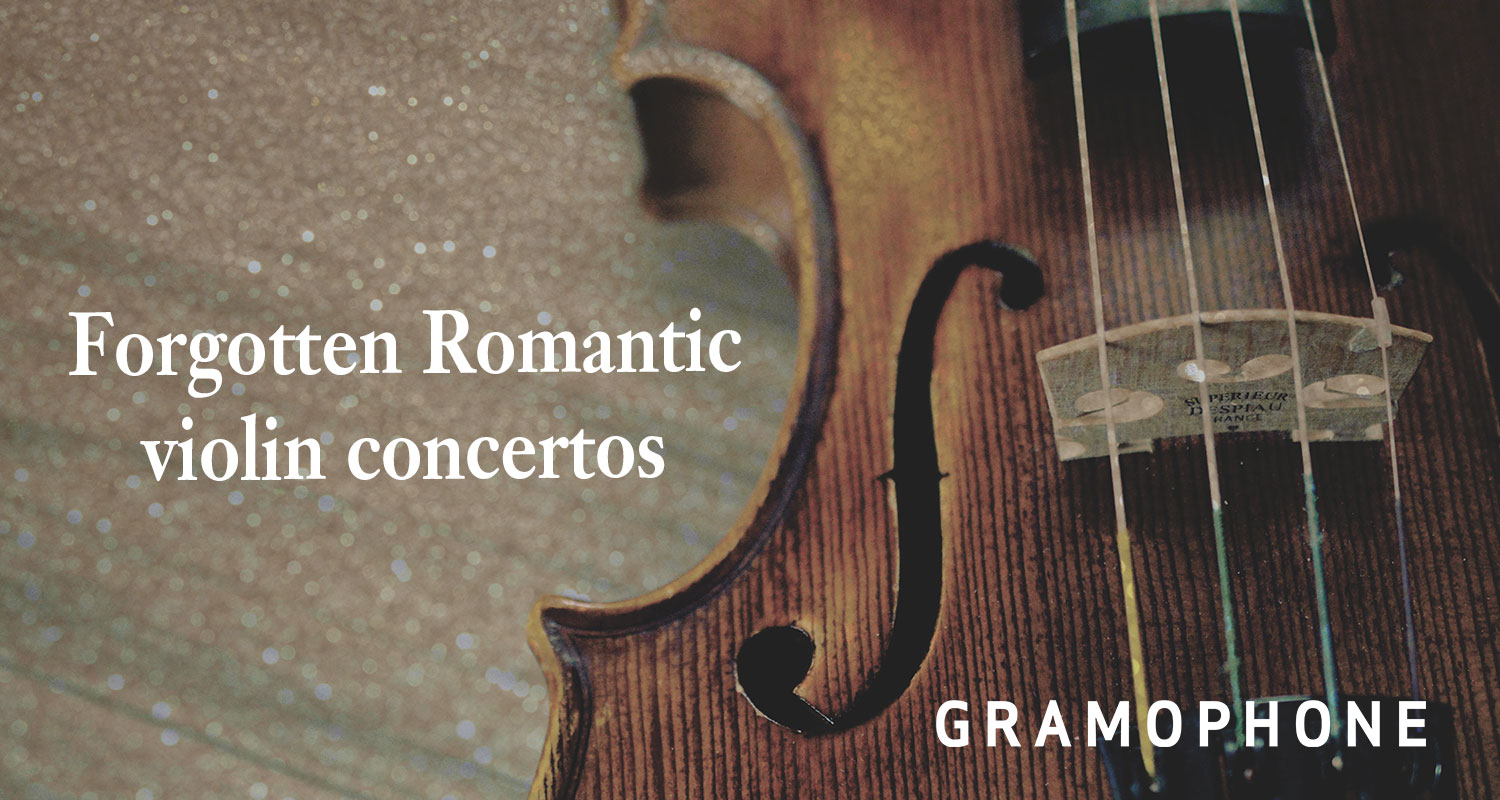
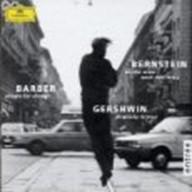
Ernst ‘Pathétique’ Violin Concerto
Aaron Rosand vn Luxembourg RO / Louis de Froment
VoxBox (3/73)
Heinrich Wilhelm Ernst’s one-movement concerto, premiered by him in 1846, is his most ambitious work. Virtuosos ignore it today in the belief that its immense difficulties outweigh its aesthetic value (even Ernst found it a challenge). Jascha Heifetz played it in public from the age of 12, and its soaring melodies and finger-breaking bravura can still cast a spell in the right hands – as on the venerable recording by Aaron Rosand, who brings a white-hot intensity to the final pages.
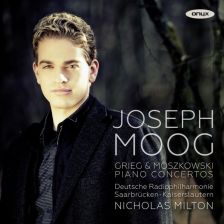
Moszkowski Violin Concerto
Charles Treger vn Louisville Orchestra / Jorge Mester
Soundmark Records
This work (early 1880s), with its coherent large-scale structure, skilful orchestration and wealth of melodic invention – contradicts the view that Moszkowski merely wrote salon trifles. Thomas Christian (Koch Schwann, nla) conveys even more intensely than Tasmin Little (Hyperion) the essence of this most lyrical (and thrilling) of fiddle concertos, but despite the less polished orchestral support, Treger’s 1974 premiere recording is the most emotionally engaging of the three.
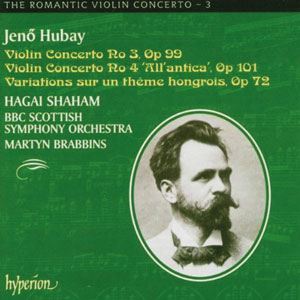
Hubay Violin Concerto No 3
Hagai Shaham vn BBC SSO / Martyn Brabbins
Hyperion (8/03)
Jenő Hubay was a pupil of both Joachim and Vieuxtemps, and he studied composition with Liszt. In this, the most popular of his four concertos, elements of all three mentors are reflected in some measure. It has been recorded several times, but Hagai Shaham, a Hubay ‘grandpupil’, is unrivalled in the penetrating tone and clear affection he lavishes on this music, matched every step of the way by the industrious Brabbins and his versatile Scottish players.
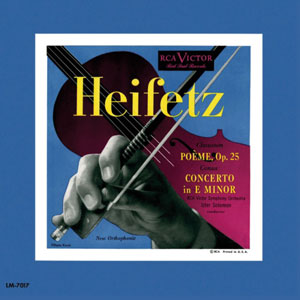
Conus Violin Concerto
Jascha Heifetz vn RCA Victor SO / Izler Solomon
RCA (9/55)
Julius Conus (1869-1942) was a pupil of Arensky. His magnum opus is in E minor, the same key as the Mendelssohn, though its conventional three movements are played without pause. Once equalling the Tchaikovsky in popularity, it was premiered in 1898 and championed by Kreisler in the early 1900s, but was only brought to international attention by Heifetz, who made this definitive and unmissable recording in 1952. Ravishing themes, much brilliance, entertaining virtuoso fireworks.
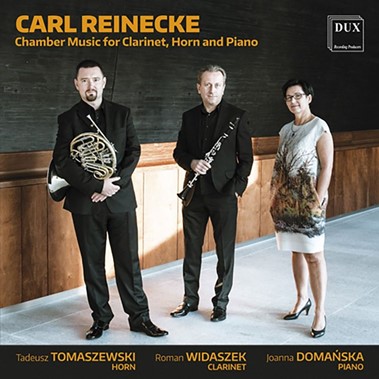
Reinecke Violin Concerto No 2
Ingolf Turban vn Bern SO / Johannes Moesus
CPO
Like Moszkowski, Carl Reinecke is best known for his piano music but was also an accomplished violinist. Composed in 1876, his G minor Concerto (perhaps inspired by Bruch’s) was written for and dedicated to his friend Joseph Joachim – who played it just once, in 1876. No other violinist appears to have taken it up until 2004, when Ingolf Turban made a convincing case for a work that celebrates the songful rather than the showman qualities of the violin.
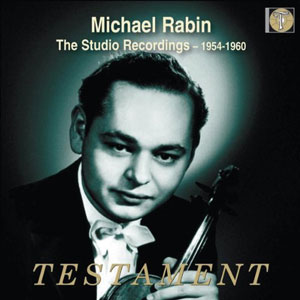
Wieniawski Violin Concerto No 1
Michael Rabin vn Philharmonia Orchestra / Adrian Boult
Testament (1/58)
Remarkably, Henryk Wieniawski wrote this at the age of 17. It has never rivalled the popularity of his Concerto No 2 in D minor, but with several high-profile champions on disc, No 1 in F sharp minor should be better known to a wider audience. To my mind, Rabin with Boult in 1957 is one of the great recordings of a Romantic violin concerto, the epitome of all one expects from such a work – electrifying, moving, magisterial, exultant.
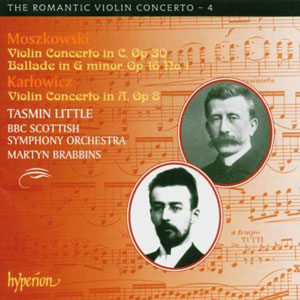
Karłowicz Violin Concerto
Tasmin Little vn BBC Scottish Symphony Orchestra / Martyn Brabbins
Hyperion
Mieczysław Karłowicz began his career as a solo violinist but soon realised it was not one that suited his temperament. The writing of this earworm concerto, though, shows how well he knew the instrument, placing considerable technical demands on the soloist. Tasmin Little tosses these aside with her customary aplomb, but it’s the central Romanza, providing an oasis of lyrical calm, that really grabs the attention.
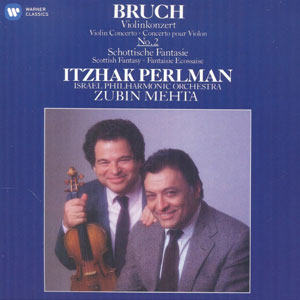
Bruch Violin Concerto No 2
Itzhak Perlman vn Israel PO / Zubin Mehta
Warner Classics (6/88)
This one is not exactly unrepresented on disc, but no matter how many times it finds its way into the studio, its appearances in the concert hall remain few and far between. The enduring popularity of Bruch’s No 1 in G minor is understandable, but in many ways No 2 in D minor is the more personal (some would even say better) work. Perlman’s 1986 recording captures its yearning introspection to perfection while reminding us that it was written as a virtuoso vehicle for Sarasate.
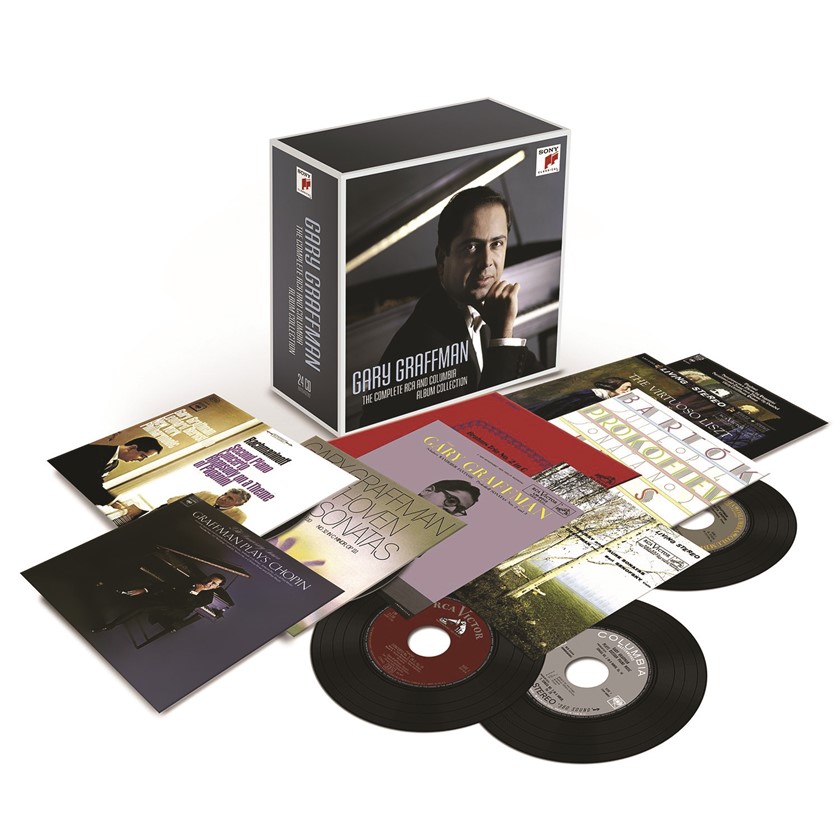
Raff Violin Concerto No 2
Michaela Paetsch Neftel vn Bamberg Symphony / Hans Stadlmair
Tudor
Those who know Joachim Raff’s Piano Concerto will hope that a violin concerto by him might be of the same standard. His Op 206 (1877) falls not far short with a wealth of attractive ideas – a solo part that alternates brilliance (there’s dazzling moto perpetuo material in the first movement) with elegiac introspection (try the Adagio). Paetsch Neftel’s stunning technique, secure intonation and appealing musicality are superbly partnered by Stadlmair and the Bamberg Symphony.
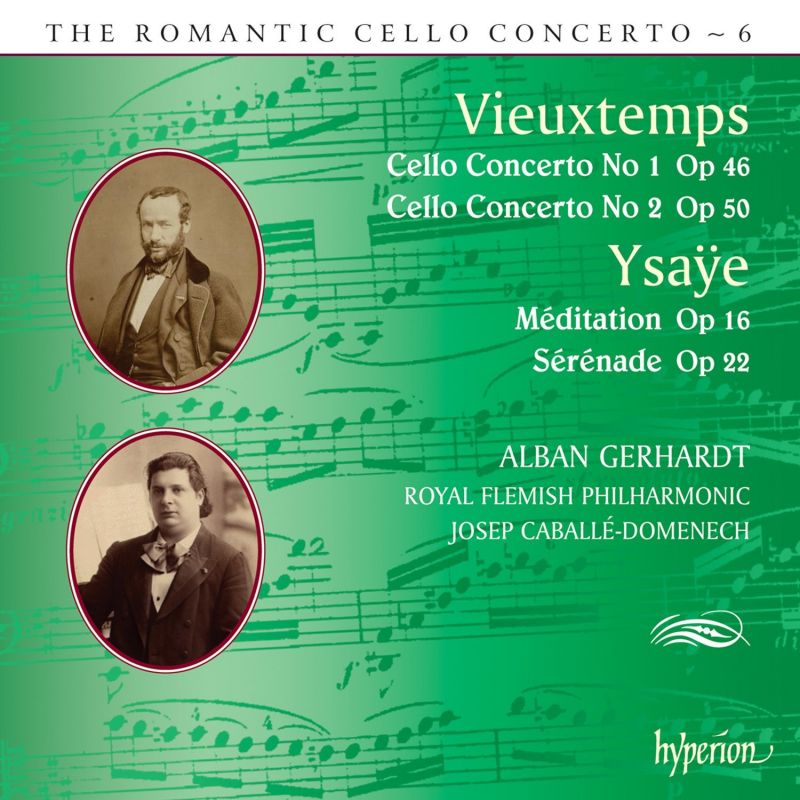
Vieuxtemps Violin Concerto No 1
Vineta Sareika vn Liège Royal Philharmonic Orchestra / Patrick Davin
Fuga Libera (10/11)
Vieuxtemps’s Concertos Nos 4 and 5 have been much recorded, unlike No 1 in E major, the work that set the seal on the Belgian’s long and brilliant career (like Chopin’s two piano concertos, No 1 was actually written after No 2). Eugène Ysaÿe, his most celebrated pupil, praised it extravagantly. The majestic opening of its lengthy first movement was applauded at its premiere in 1840 before Vieuxtemps had even shouldered his instrument. Latvian Vineta Sareika sails through the monumental difficulties with disarming ease while singing the work’s memorable themes with a rare lyrical grace, ebulliently partnered by Davin and the Liège players.
Welcome to Gramophone ...
We have been writing about classical music for our dedicated and knowledgeable readers since 1923 and we would love you to join them.
Subscribing to Gramophone is easy, you can choose how you want to enjoy each new issue (our beautifully produced printed magazine or the digital edition, or both) and also whether you would like access to our complete digital archive (stretching back to our very first issue in April 1923) and unparalleled Reviews Database, covering 50,000 albums and written by leading experts in their field.
To find the perfect subscription for you, simply visit: gramophone.co.uk/subscribe




